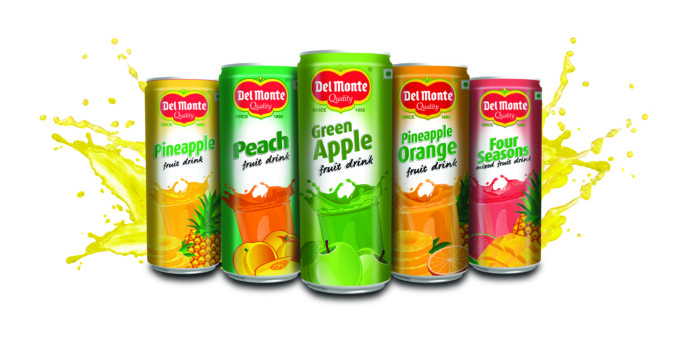In a strategic collaboration, the world’s leading provider of sustainable aluminum packaging, Ball Corporation, and Del Monte Foods have united to reinforce their commitment to sustainability. Aligned with the Government of India’s ambitious targets of achieving net-zero emissions by 2070 and reducing the carbon intensity of the economy by 45% by 2030, Del Monte Foods has recently shifted from traditional three-piece tin cans to infinitely recyclable two-piece aluminum beverage cans with the support of Ball Corporation.
Del Monte Foods, a leader in packaged food items including canned fruit juices, acknowledges the transformative shift in the Indian beverage industry’s packaging landscape. Mahesh Kanchan, CEO of Del Monte Foods, underscores the significance of this change, stating, “It mirrors the evolving preferences of consumers and an increasing environmental consciousness.”
Explaining the rationale behind the transition, Kanchan highlights the lightweight characteristic of the two-piece aluminum beverage cans. This feature enhances fuel efficiency during transportation, subsequently reducing carbon emissions. Additionally, the cans’ lightweight nature leads to a decreased need for materials in the manufacturing process, resulting in lower carbon dioxide emissions. The cans’ infinitely recyclable quality significantly contributes to sustainability efforts.
The shift to two-piece aluminum beverage cans not only aligns with sustainability goals but also offers a broader canvas for enhanced visual HD packaging. Kanchan emphasizes the improved consumer experience, particularly for fruit beverages, citing rapid cooling and greater resistance to corrosion.
Ball Corporation, the supplier of the two-piece aluminum cans, sees this shift as a responsible move towards sustainability. Manish Joshi, Commercial Director for Asia at Ball Corporation, stresses the industry’s responsibility to reduce carbon footprints amid increasing environmental concerns and the global shift towards a circular economy.
Aluminum, being infinitely recyclable, offers significant advantages. The material’s circular nature minimizes waste and maintains its value, with recycled aluminum saving 95% energy compared to virgin aluminum. Joshi further highlights the user-friendly attributes of the two-piece aluminum beverage cans, providing advantages such as 360-degree branding, faster cooling, and a modern appearance.
As the recognition of cans as a sustainable packaging option grows, driven by their recyclability and effectiveness in maintaining product freshness, the industry anticipates continued expansion. The consumer preference for sustainable packaging solutions is expected to further propel this trend.











